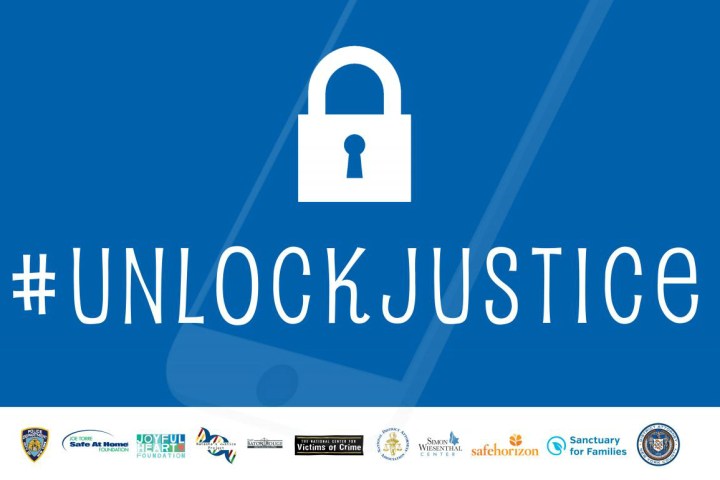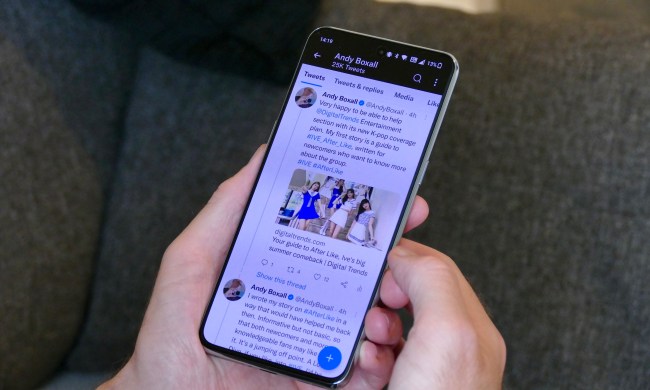
Corporations have learned that rule the hard way, and are increasingly trademarking their branded hashtags — or simply accepting an inevitable online drubbing — as a result. Whether or not, the NYPD will have gotten the message in the wake of its #UnlockJustice hashtag causing a (predictable) Twitter backlash remains to be seen.
An anti-encryption campaign launched in conjunction by the NYPD and Manhattan D.A. Cyrus R. Vance Jr., #UnlockJustice was intended “to highlight the impact encryption is having on public safety and victims of crime.” The manufactured hashtag carrying the campaign slogan was seen as a way of taking the argument online to attract further support on social media. The tweet below, from the campaign’s press conference in Manhattan, shows how the hashtag was intended to be used. The only problem is, many Twitter users who outspokenly oppose the NYPD’s stance on encryption, had other ideas.
#HappeningNow: NYPD stands with @ManhattanDA, advocates & victims to call for encryption legislation. #UnlockJustice pic.twitter.com/AQHDUcis2T
— NYPD NEWS (@NYPDnews) April 18, 2016
“No consumer product should be warrant-proof, and yet that is the situation Apple and Google have created. Congress should not permit companies to manufacture devices that are impenetrable to judicial search warrants,” stated Vance at the launch. “It should not permit companies to provide criminals with unprecedented, evidence-free zones. Crime victims are entitled to stronger protections than criminals.”
Trawling through the tweets that carry the hashtag, it is immediately clear that more people are using #UnlockJustice to bash the campaign than to actually promote it.
Encryption protects me and my family from criminals who may steal our portable devices. #UnlockJustice
— Weld Pond | Chris Wysopal (@WeldPond) April 18, 2016
“People deserve stronger protection than criminals. Default strong encryption protects civilians against muggers and thieves. #UnlockJustice,” reads one tweet.
And you're genuinely arguing that encryption wouldn't help protect victims of cybercrime? #unlockjustice pic.twitter.com/LhOzwh5zzk
— Jenna McLaughlin (@JennaMC_Laugh) April 18, 2016
Another states: “You can’t have democracy without privacy. Legislating weak cryptography endangers everyone, not just a few select victims. #UnlockJustice”
Strong crypto prevents serious crimes like identity theft, stalking, sabotage and espionage. #UnlockJustice with strong security and crypto.
— matt blaze (@mattblaze) April 18, 2016
For its part, the NYPD hasn’t engaged any of the opponents on Twitter. The last thing it needs now is an outdrawn Twitter feud, in which the odds are evidently stacked against it.


